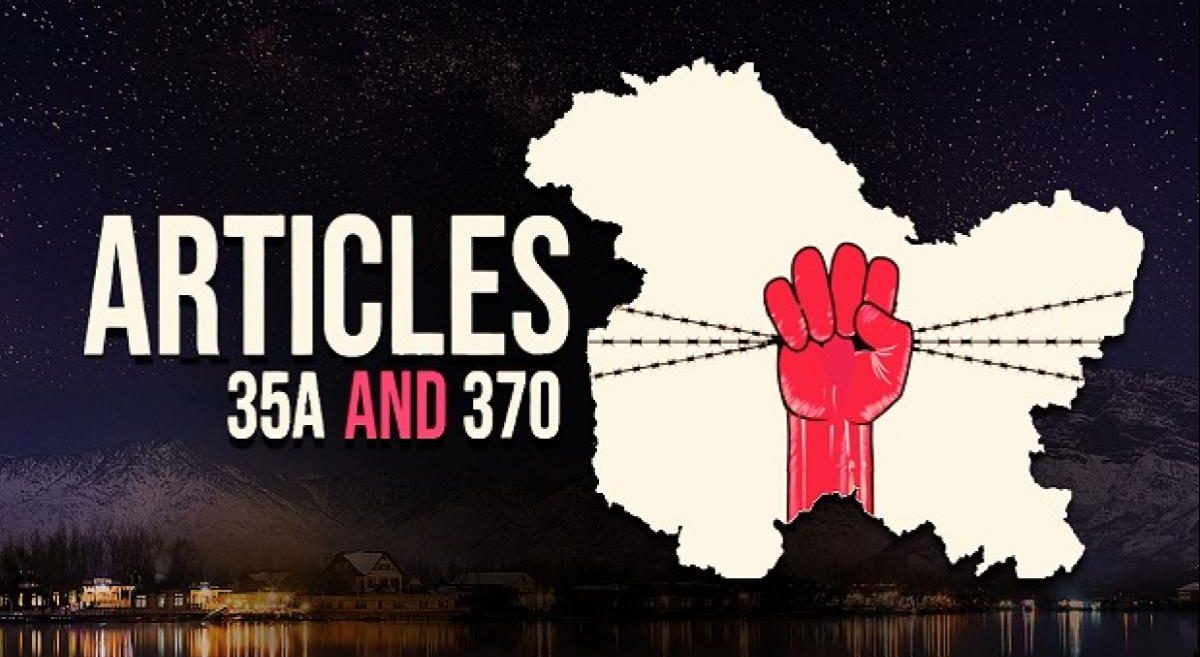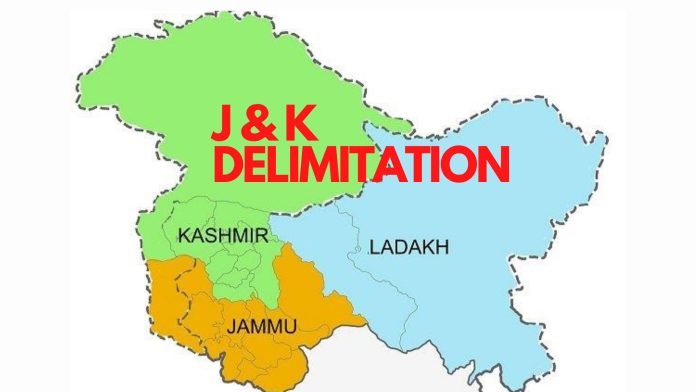- The Jammu & Kashmir region, especially the Kashmir Valley, has been the focal point of the nation as well as the international community ever since India gained independence and needs no further elaboration. As you are aware, since the abrogation of Article 370 and 35A leading to the withdrawal of statehood and bifurcating the area as union territories was undertaken by the Union Government, the efforts to restore normalcy also took off concurrently to assuage the local population as well as the global community. One of the several measures initiated to restore normalcy by the Union Government was the setting up of the delimitation committee.

PC: ARJUN
- After a two-year-long exercise, the gazette notification of the much-awaited final delimitation order for Jammu & Kashmir issued recently ends the cumbersome ordeal clearing a major hurdle in restoring normalcy in the region. Remember, delimitation was a prerequisite for holding assembly elections in J&K following the nullification of Article 370 and the creation of a new Union Territory. Towards that end, the delimitation commission has taken a sensible approach and viewed J&K as one unit. Of course, this should put to rest long-held complaints that the Valley wielded disproportionate power in the erstwhile political arrangement of the region.
- Let us look into the salient features of the delimitation order to better understand the matter. Note that the final delimitation order has increased the number of assembly constituencies in the Jammu region from 37 to 43 seats, while the Kashmir region will see its seat count go up by one to 47. In addition, for the very first time, nine assembly constituencies have been reserved for scheduled tribes out of which six will be in the Jammu region and three in the Valley. Further, continuing with the unitary approach, the commission has also carved out a parliamentary constituency combining the Anantnag region in the Valley with Rajouri and Poonch in Jammu.

PC: AC Team 2
- The above move will also allow each parliamentary constituency in J&K to have an equal number of 18 assembly seats and do away with the previous region-wise division of Lok Sabha seats. Prima facie, these changes should be acceptable to most political groups in J&K who are sulking no end with the nullification move. Now that the process of restoring normalcy is seeing a real sense of finality, the political parties of the region are advised to willfully participate in the democratic process for the overall betterment of the people. The overseas sympathizers, especially the Pakistan-based separatists, should be made to understand the inviolability of J&K’s sovereignty.
- Setting aside parochial considerations, the political groups in J&K should join hands alongside the Union Government to ensure the democratic process of conducting assembly polls kicks off in right earnest. The endeavor should be to explore possibilities of holding these polls along with the ensuing Himachal Pradesh and Gujarat elections later this year. Going by the look of things, this appears feasible. Nonetheless, the fructification of various development promises by the Centre is also tied to residents of the region feeling like stakeholders in this envisioned progress. Yes, once they vote again and political normalcy returns, this should allow for the restoration of their statehood next.






